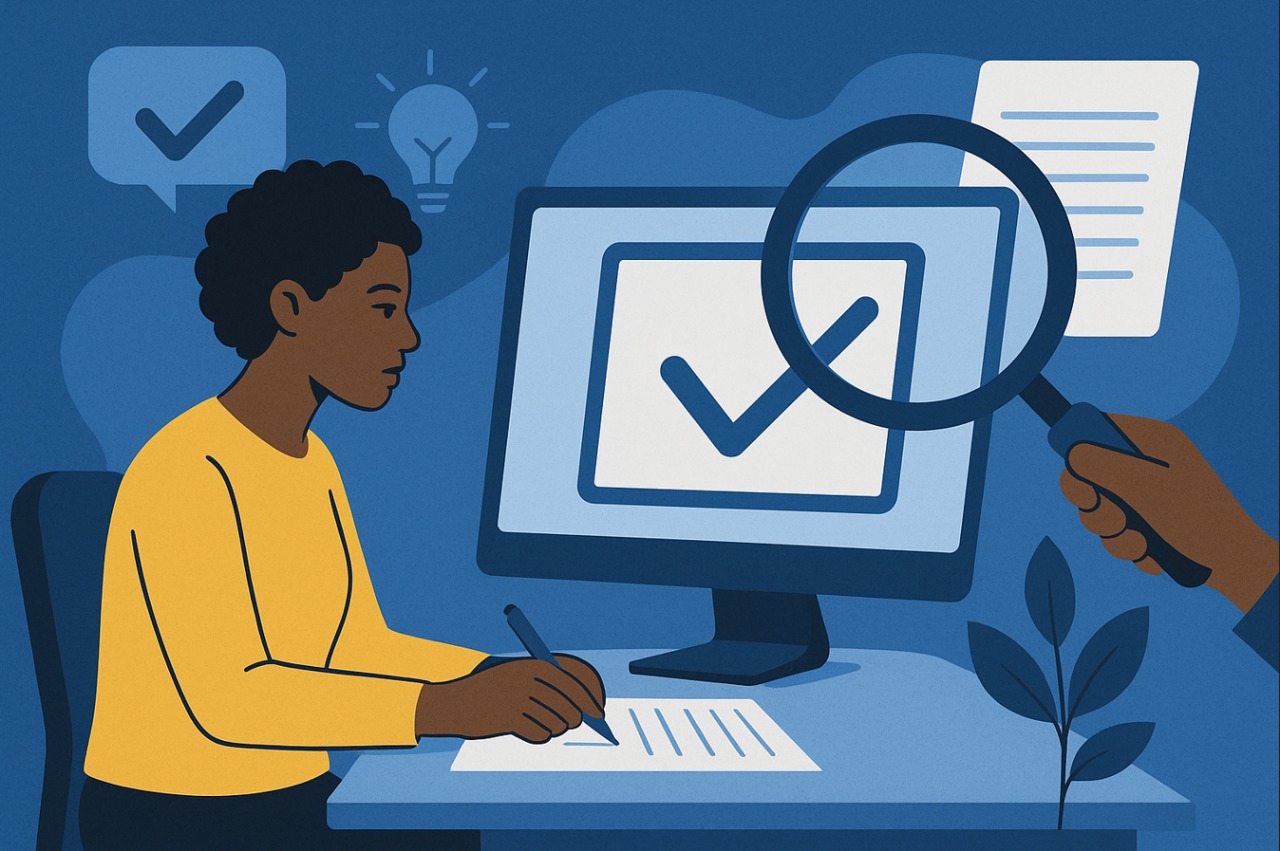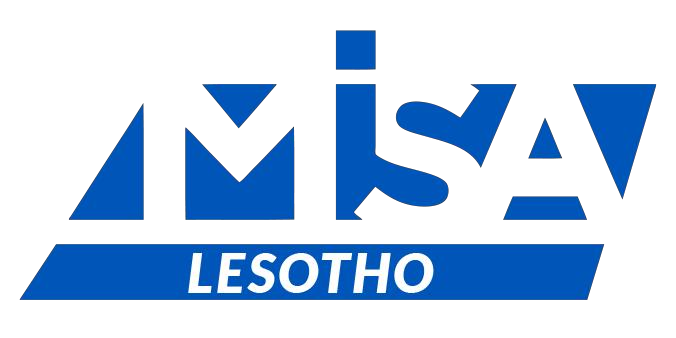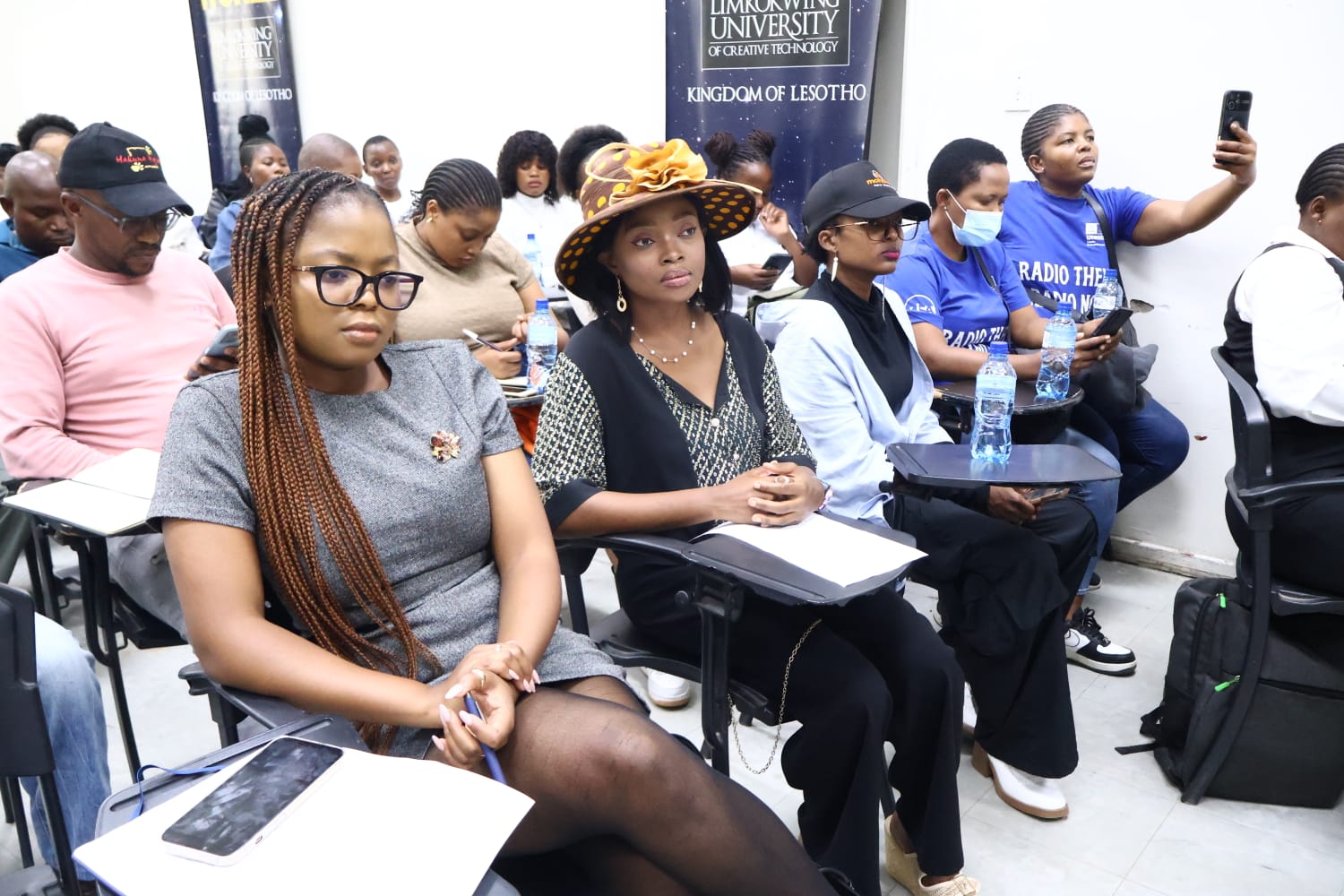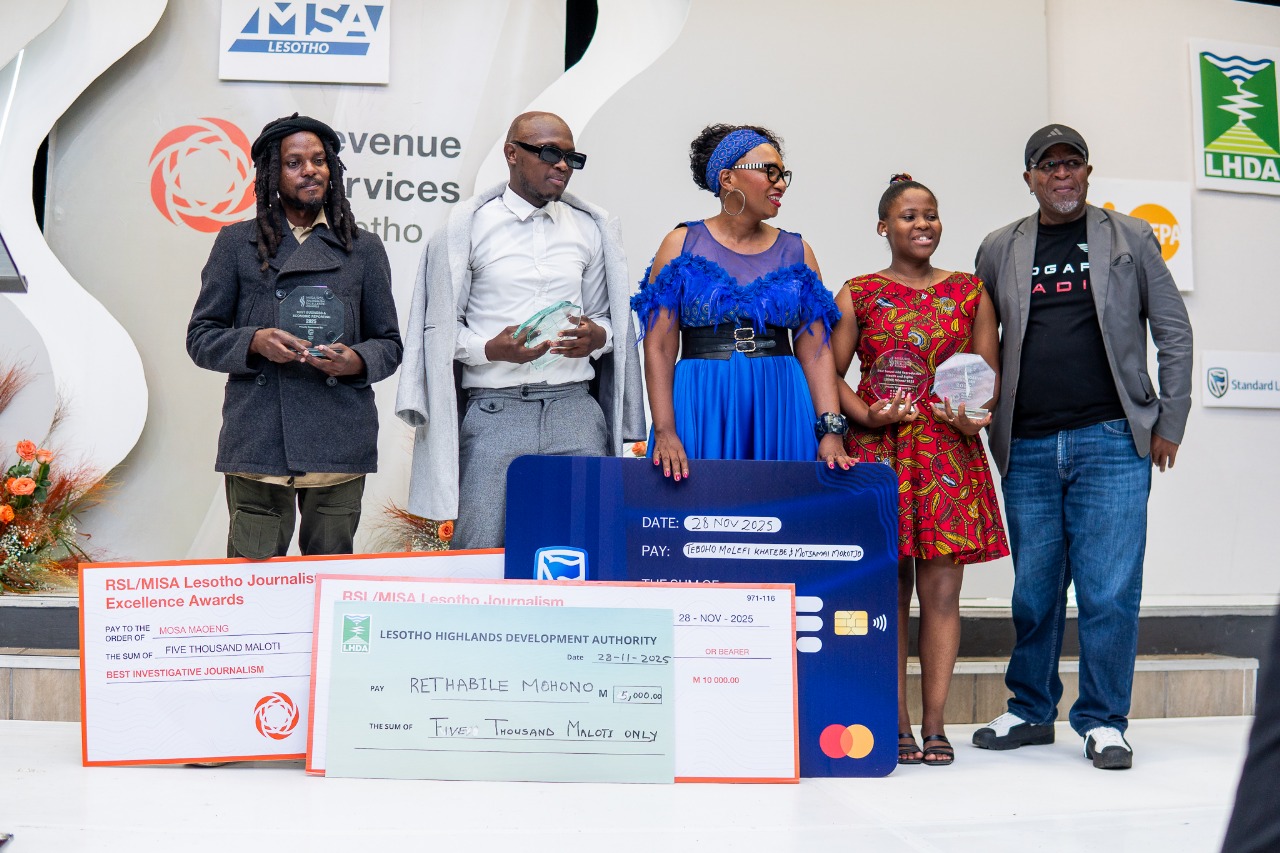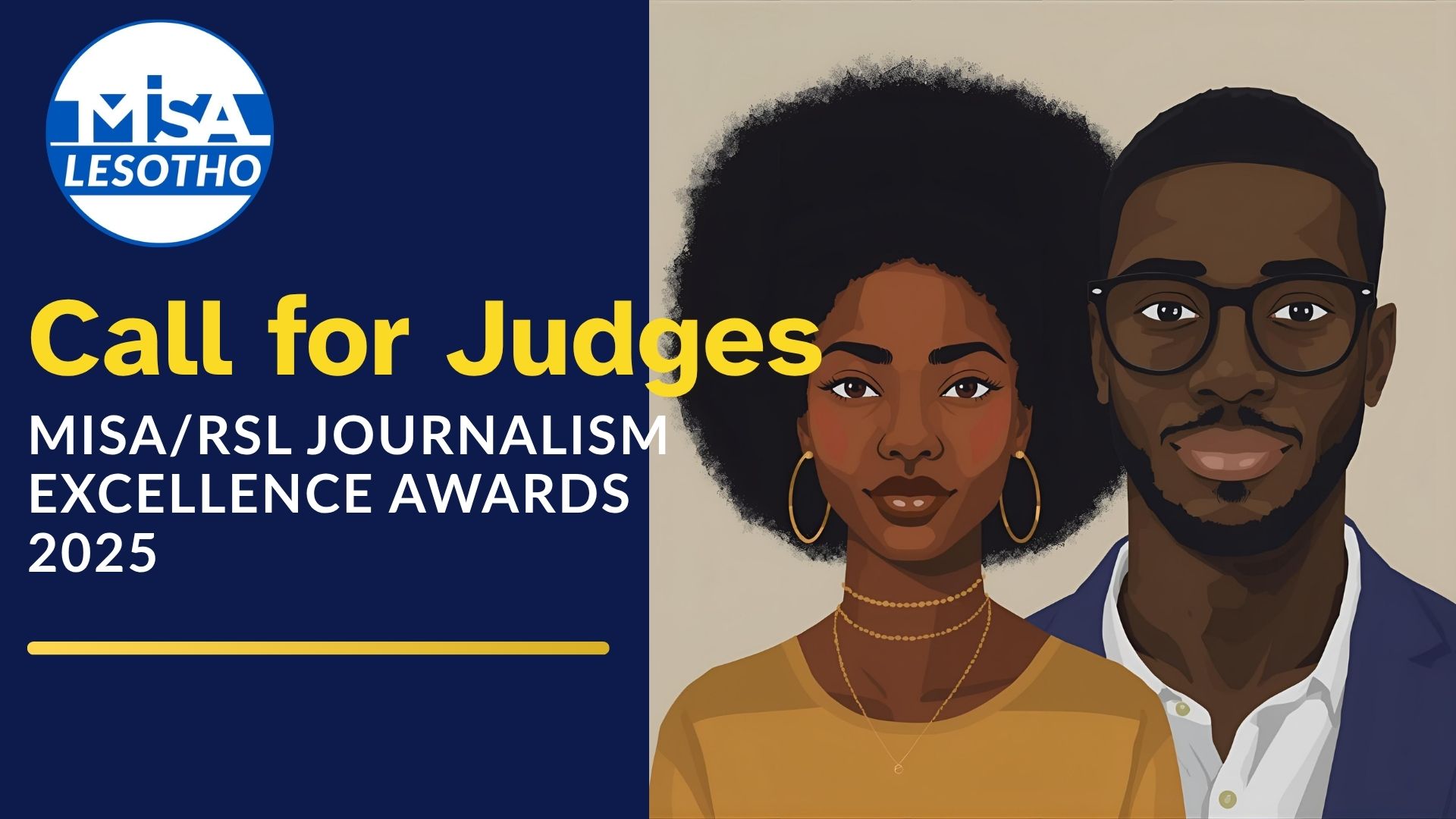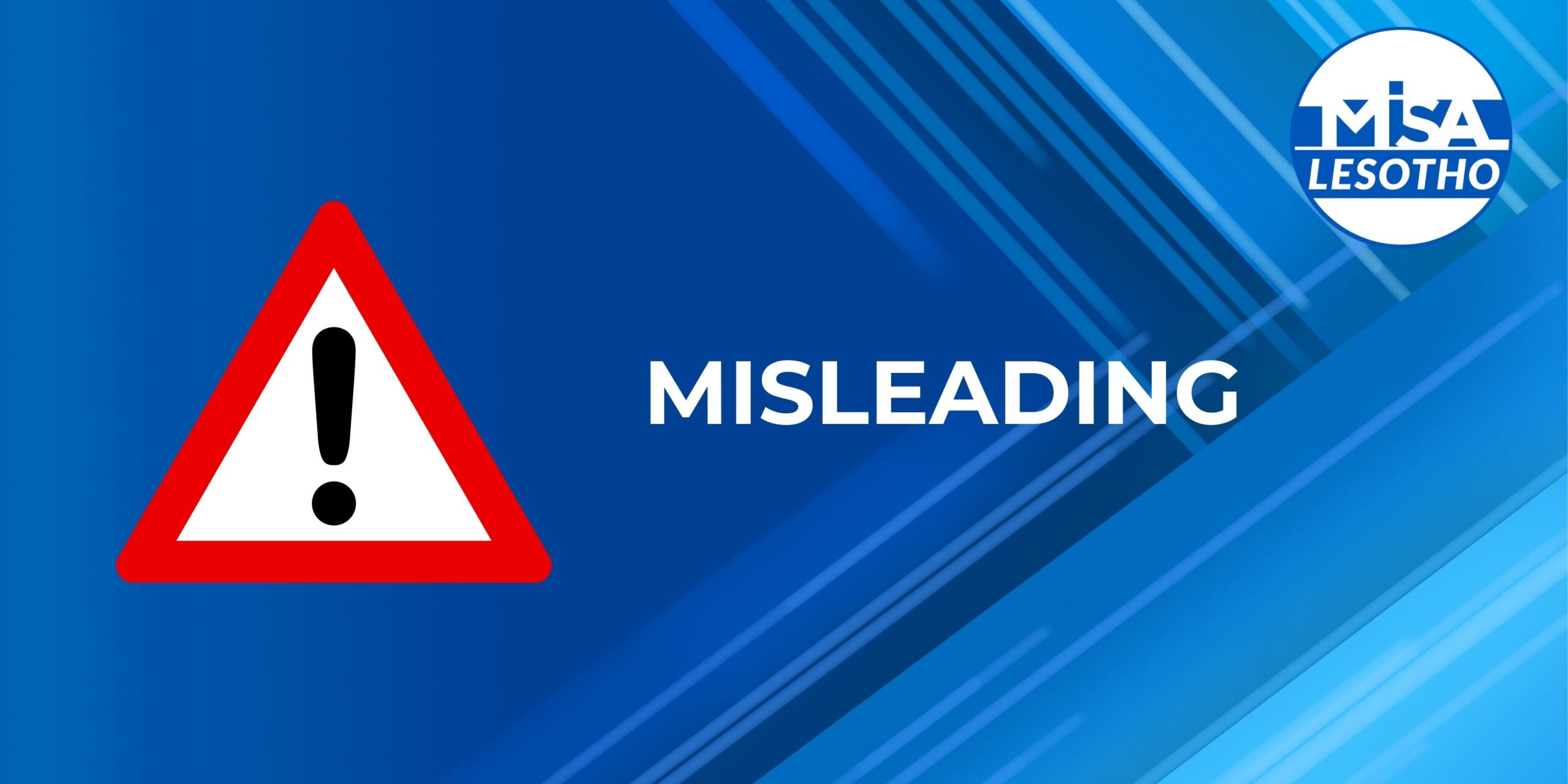In April 2025, MISA Lesotho was accepted into the CheckDesk Incubation Program under the African Fact-Checking Alliance (AFCA) Fellowship. The program, supported by Code for Africa, enabled MISA Lesotho to establish our first dedicated fact-checking desk, equipping our newsroom with the tools, skills, and mentorship needed to confront the growing challenge of misinformation.
Six months later, as the fellowship draws to a close, the experience has proven to be both transformative and foundational for our work in media and information integrity.
MISA Lesotho has always stood for media freedom, transparency, and the strengthening of democracy. Establishing a fact-checking desk felt like a natural extension of that mandate, especially in this era when misinformation travels faster than truth.
From April to September 2025, our CheckDesk produced fact-checks that directly tackled misinformation about Lesotho and beyond. We caught and debunked viral falsehoods, ranging from fabricated claims about government decrees to dangerous job scams targeting vulnerable citizens. Each fact-check wasn’t just about disproving a falsehood; it was about protecting our community from real-world harm and showing them the value of verifying information before sharing it.
In many ways, our biggest accomplishment was having the opportunity of simply creating the CheckDesk itself. It is more than a project deliverable, it is a sustainable tool that aligns perfectly with MISA Lesotho’s mission, and one that we believe will outlast this fellowship.
The fellowship was not only an institutional milestone but also a professional turning point for those leading the initiative.
“The experience has been professionally life altering,” shared Nicole Tau, Project Lead for CheckDesk at MISA Lesotho. “It has expanded not only our team’s skills but also our perspective. We now see misinformation with a sharper, more critical lens and have developed a deep appreciation for fact-checking as a discipline. Fact-checkers play a vital, often invisible role, and we wish more people shared debunks with the same enthusiasm they share misinformation.”
This growth would not have been possible without the generous mentorship from the Code for Africa team. They offered not just technical support but also kindness, patience, and encouragement.
Our mentor, Harriet Ogayo, deserves special mention. She was a steady guide, always generous with information, always supportive when challenges felt overwhelming. Whenever we reached a difficult point, she helped us think critically and find a way through.
Of course, this journey was not without obstacles. The most difficult challenge was often reaching government officials in other countries to verify claims. It was costly and, at times, discouraging when responses never came.
Even within Lesotho, verifying information with local government entities could be challenging, leading to delays in publishing fact-checks. This underscored the urgent need for fact-checking desks within government agencies themselves, to ensure transparency, quick access to accurate information, and better communication with citizens.
There were also claims we had to abandon altogether because verification proved impossible. Each of those instances reinforced the importance of perseverance, credibility, and humility in fact-checking.
Beyond the numbers: 15 fact-checks published and five syndicated, our greatest achievement lies in raising awareness. We showed the public why it is essential to pause, verify, and question. We highlighted the harm misinformation causes and the responsibility we all share in protecting truth.
In an environment where information flows constantly and often unchecked, fact-checking is not just a media responsibility, it is a civic duty.
MISA Lesotho extends its gratitude to Code for Africa, PesaCheck, and the African Fact-Checking Alliance (AFCA) for their mentorship, support, and partnership. This investment has planted the seeds for a fact-checking desk that will remain active long after the fellowship.
For us, this is only the beginning. The CheckDesk is here to stay; as a commitment to truth, a tool against misinformation, and a reminder that accurate information is essential to democracy.




